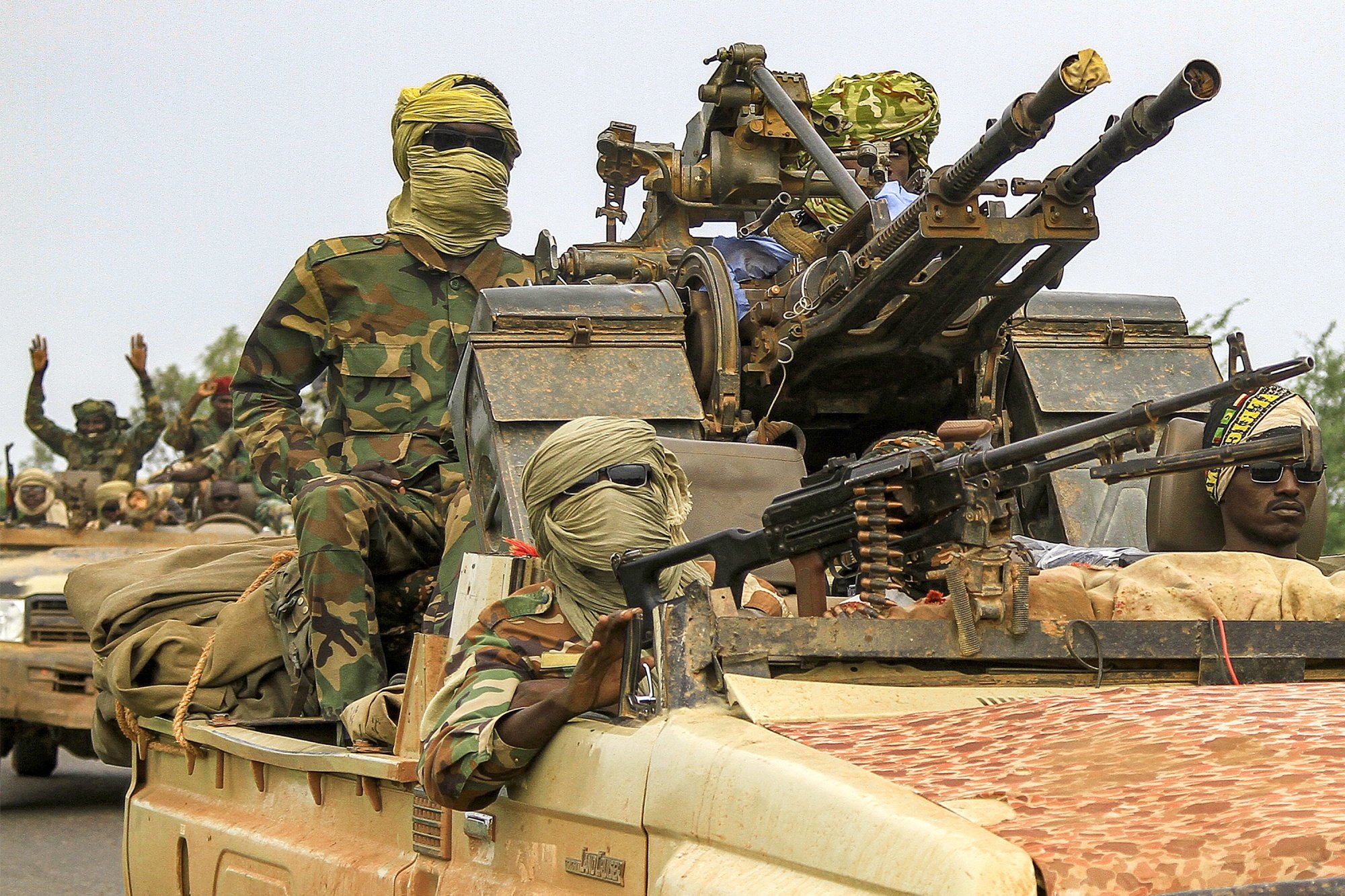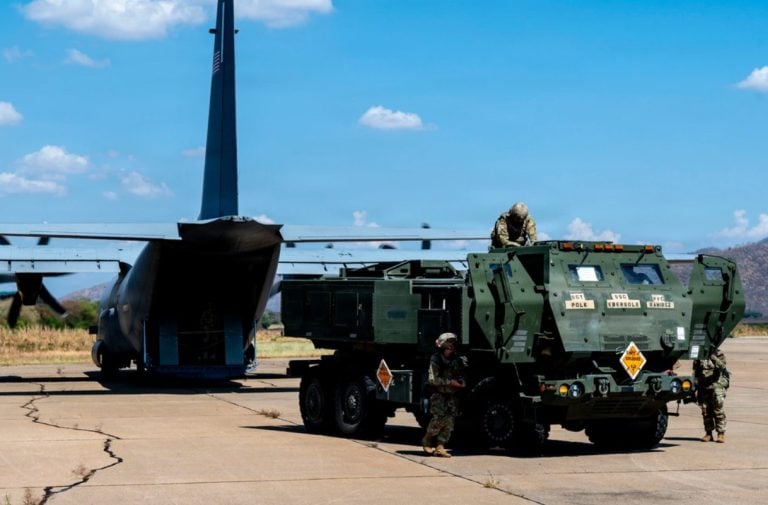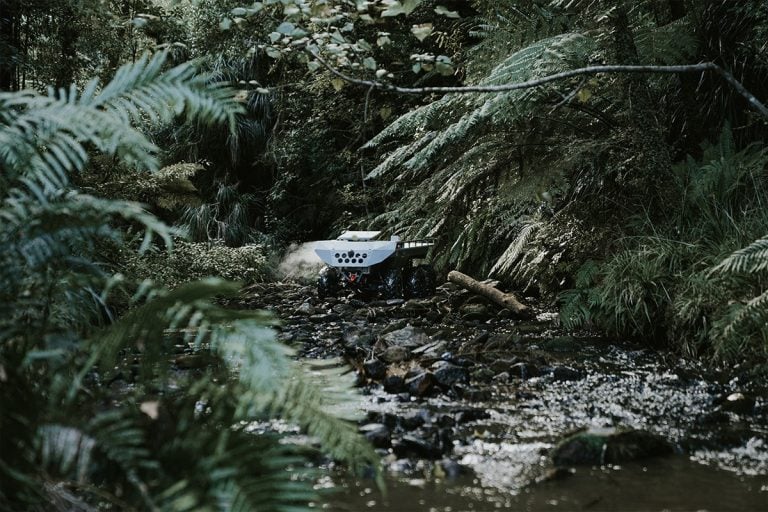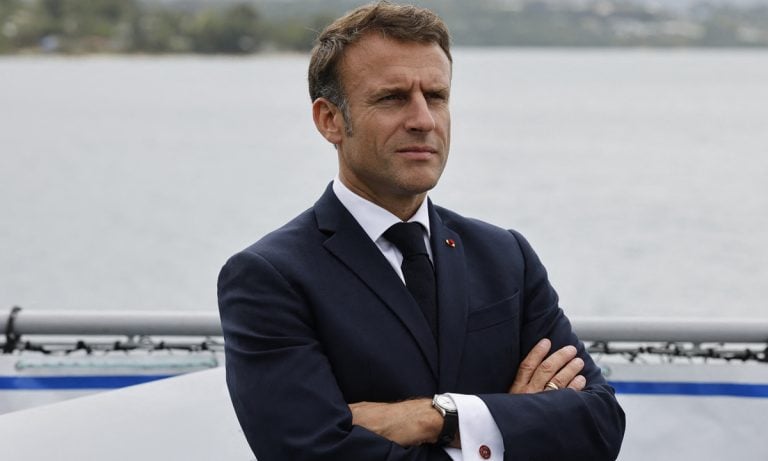Sudan’s military-backed government has leveled serious accusations against Kenya, alleging that it has been a conduit for weapon transfers from the United Arab Emirates (UAE) to the paramilitary group Rapid Support Forces (RSF), which has been engaged in a brutal conflict with the regular army since April 2023.
In an official statement released by the foreign ministry, the Sudanese army claimed that last month it discovered arms and ammunition labeled as Kenyan within the RSF’s weapon caches located in Khartoum. This accusation is part of an ongoing exchange of blame between the army and RSF, both of which have alleged that they are receiving military support from foreign nations, including the UAE, Egypt, Iran, Turkey, and Russia.
The Sudanese government has specifically described Kenya as a primary channel through which Emirati military supplies reach the RSF, labeling them as a “terrorist militia.” The conflict between the army, led by General Abdel Fattah al-Burhan, and his former deputy, RSF commander Mohamed Hamdan Daglo, has resulted in significant humanitarian consequences, leading to tens of thousands of fatalities and displacing over 13 million people.
United Nations Secretary-General Antonio Guterres has warned that external powers are exacerbating the conflict and has urged an end to foreign arms shipments to both factions involved, although he has refrained from publicly naming specific countries contributing to this arms race.
Historically, the UAE has faced accusations of facilitating arms deliveries to the RSF via neighboring nations such as Chad and Libya. The Sudanese military has reportedly sought support from Egypt while simultaneously moving closer to alliances with Turkey, Iran, and Russia following the onset of the conflict. In a significant move, Sudan cut diplomatic ties with the UAE in March, branding it an “aggressor state” and accusing it of supporting the RSF as a proxy force in an effort to fracture Sudan.
The strain between Sudan and Kenya has worsened, particularly as the Kenyan government has been open to hosting RSF leaders. Following this, Sudan imposed a ban on imports from Kenya. In late February, the RSF along with its allies formalized a political agreement in Nairobi, further aggravating Sudan’s displeasure.
Sudan’s foreign ministry also claimed that Kenya recently acknowledged the UAE’s support for the RSF’s ambitions to gain control over Sudan’s natural resources while attempting to gain strategic footholds along the Red Sea. A now-deleted post by Kenyan government spokesperson Isaac Mwaura indicated that Egypt and Iran were backing the Sudanese Armed Forces while the UAE was allegedly backing the RSF.
On the ground, violent confrontations continue unabated between the army and the RSF, exacerbating the humanitarian crisis. World Health Organization Director-General Tedros Adhanom Ghebreyesus reported that a recent attack on Sudan’s already devastated healthcare system resulted in the deaths of over 40 civilians in West Kordofan state. According to the Emergency Lawyers, a volunteer group monitoring the conflict, an army drone strike targeted Al-Mujlad Hospital, roughly 800 kilometers (500 miles) southwest of the capital Khartoum, illustrating the dire circumstances facing the nation’s medical infrastructure amidst ongoing warfare.







